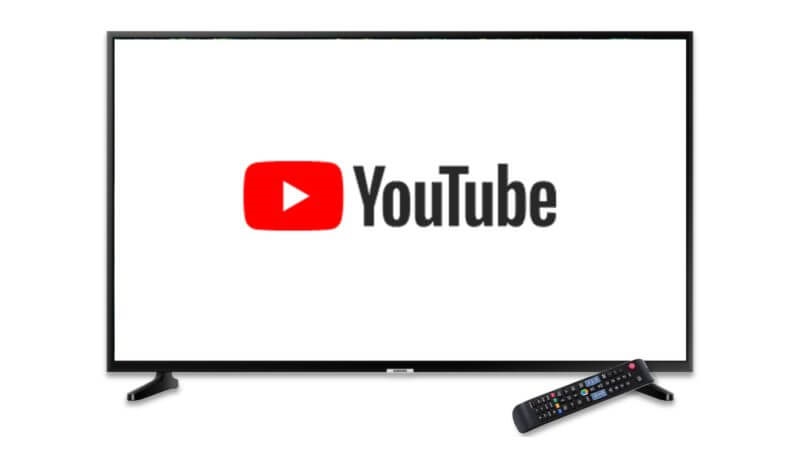For YouTube TrueView and bumper ad campaigns, TV screens targeting is enabled as a device type in the UI and can soon be reported via the API as well.

Soon AdWords API users will be able to report connected TV targeting performance for YouTube campaigns.
API availability January 8. The AdWords API capabilities for TV targeting will be available as of January 8. With the API, “ConnectedTV” will appear as a new platform name along with desktop, tablet and mobile with an ID of 30004. Connected TV reporting via the API can be accessed with the Device segment named CONNECTED_TV. For Display campaigns, the API can be used to report and manage TV targeting.
Targeting TV screens by default. Google opened up connected TV inventory targeting this fall. It added “TV screens” as a device type for ad targeting in Display & Video 360 in October and quietly rolled it out in Google Ads in mid-November. That means all YouTube TrueView (for brand awareness, shopping and action) and bumper ad campaigns now automatically target connected TV inventory.
Where is the TV screens inventory? The TV screens device type targets YouTube channel inventory on smart TVs, set top boxes, gaming consoles and streaming devices such as AppleTV, Chromecast and Roku.
You can’t see a breakdown of what types of connected TV devices your ads appeared on, but you can see which YouTube channel content your video ads appeared alongside on TV screens by segmenting the “Where Ads Showed” placement report by device.
How to manage TV screens device type. Bid modifiers work for the TV screens device type just as they do for the other device platforms — desktop, mobile and tablet — ranging from -90% to +900%.
Why you should care. Mobile is still the dominant platform for YouTube viewing, but more people are spending more time watching YouTube on their televisions. Google’s internal data from June showed users watch more than 180 million hours of YouTube on TV screens daily. The extension of YouTube campaigns onto TV devices can mean greater reach and frequency for campaigns, and video advertisers should be monitoring how well ads on these devices do compared to other platforms.
If you haven’t taken a look at the device breakdowns in your video campaigns since mid-November, now is a good time to see how TV screens have been performing and consider whether you should make any bid adjustments.
This story has been updated to clarify that the API supports reporting, not management, for connected TV targeting for YouTube.
Marketing Land – Internet Marketing News, Strategies & Tips
(25)
